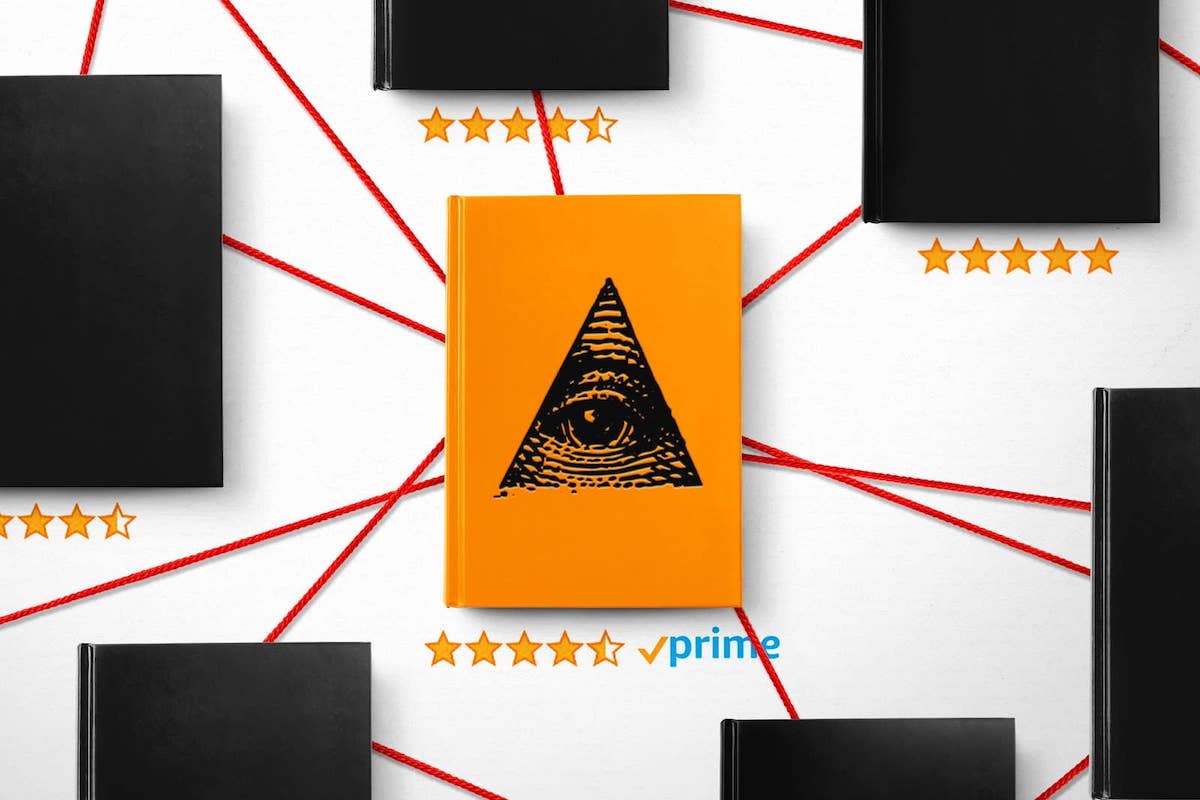Affiliation: First Draft
Rory Smith
Investigating Infodemic

Responding to the World Health Organisation’s warning that misinformation related to COVID-19 constitutes an “infodemic,” this project studies conspiracy theories as a particularly seductive kind of misinformation.
Infodemic: Combatting COVID-19 Conspiracy Theories is using methods from digital humanities and cultural studies to understand how and why conspiracy narratives circulate in different platforms and online spaces during the crisis.
The methodologies include analysing the historical roots of the conspiracy theories now circulating, how they have mutated during the pandemic, and how they contribute to both community and division. The latter practices constitute a foundation for looking at who has been promoting and spreading them, what form they take on the various social media platforms, and why some theories have gained more traction than others. The project will also assess the effectiveness of the varying interventions by social media companies.
The project involves developing collaborative digital methods investigations with journalists, researchers and students as part of “engaged research led teaching” activities at King’s College London and the University of Amsterdam. This has contributed to a set of digital investigations recipes with First Draft a long read on investigating troubling content on Amazon with the European Journalism Centre as well as the following investigations:
- “Conspiracy theories run wild on Amazon”, Politico
- “Finding misinformation with ‘rumor cues’”, First Draft
- “Big Tech’s trying to stop coronavirus misinformation. It’s not enough.”, Politico
- “Amazon Is Pushing Readers Down A “Rabbit Hole” Of Conspiracy Theories About The Coronavirus”, BuzzFeed News
- “Complotten in een crisis: gouden combinatie”, NOS (Dutch Broadcasting Foundation)
- “How Amazon became an engine for anti-vaccine conspiracy theories”, Fast Company
- “Amazon is helping fund conspiracy theories”, Media Matters
A Field Guide to “Fake News”

A Field Guide to “Fake News” and Other Information Disorders explores the use of digital methods to study false viral news, political memes, trolling practices and their social life online.
It responds to an increasing demand for understanding the interplay between digital platforms, misleading information, propaganda and viral content practices, and their influence on politics and public life in democratic societies.
It is a project of the Public Data Lab with support from First Draft.
The guide is freely available via the link below.
It is released under a Creative Commons Attribution license to encourage readers to freely copy, translate, redistribute and reuse the book. All the assets necessary to translate and publish the guide in other languages are available on the Public Data Lab’s GitHub page.
You can also find it on Zenodo here (DOI: 10.5281/zenodo.1136271).